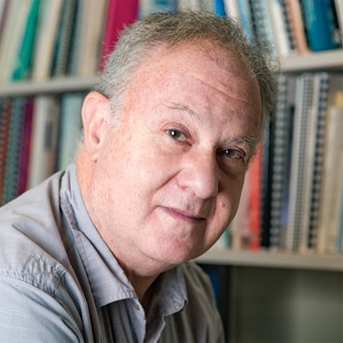
A new paper authored by York University researchers explores the relationship between arts, culture and history through the lens of Friedrich Engels’s writings for understanding contemporary economic and political issues. Engels was a philosopher, writer and critic of political economy.
The paper, “Communicating Friedrich Engels’s return to Manchester: Arts and cultural event, history lesson, or call to action?,” is published in Human Geography and is authored by York graduate students Stella Medvedyuk and Piara Govender, along with York Professor Dennis Raphael.

The paper acknowledges an increasing interest by academics and mainstream media in the relevance of Friedrich Engels’s writings for understanding contemporary economic and political issues, yet his writings about the adverse effects of the capitalist economic system on the health and well-being of workers, the environment, and society in general, remains marginalized.
The authors note that the recent installations of statues of Engels in Manchester, the city in which he lived much of his life and wrote The Condition of the Working Class in England, have worked to create new ways by which Engels and his writings can be communicated to a larger audience.
In this paper, health policy and equity PhD students Medvedyuk and Govender, together with Raphael, explore the outcomes of British artist Phil Collins’s documentary on the movement to return Engels to Manchester in the form of a Soviet-era statue in 2017 during the Manchester International Festival. The statue placement was variously communicated as an arts and cultural event, history lesson, and a call to action to right the injustices generated by the capitalist economic system.
An analysis of the event found the greatest number of communications were reviews and notices of the installation or related documentary as arts and cultural events. The arts and cultural and historical aspects of Engels’s return to Manchester were dominant across all communications, while calls for action were common in the mainstream news reports and blogs, references to capitalism, and its effects, were seen in the mainstream media.
“The past haunts the present. When explicit links from the past to the present are made, it promotes understanding of our world and suggests a better future. Engels’s return to Manchester – and the associated documentary – are instances of how arts and cultural events can accomplish these goals,” said Medvedyuk. “As such, radical arts and cultural events direct attention to the adverse effects of societal structures and processes and the public policies they spawn and also serve as means of mobilizing against them. Developing, promoting, and communicating such radical arts and cultural events seems imperative.”
The authors conclude that the involvement of the arts and cultural community in political work may be an important means of promoting responses to increasingly intolerable economic, political and social environments. The article was published in an open-access format.
